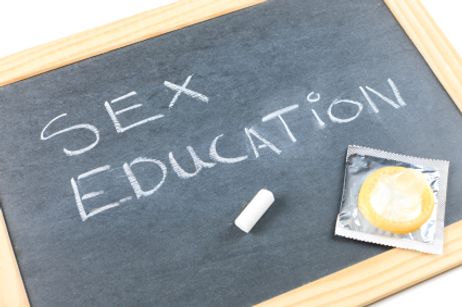Sex education is a critical component of a comprehensive approach to public health and well-being. It equips individuals with the knowledge and skills to make informed decisions about their sexual health and relationships. However, the quality and content of sex education can vary significantly from one country to another. In this article, we will explore which countries are often recognized for having the best sex education programs and what lessons can be learned from their approaches.
- The Netherlands: A Global BenchmarkThe Netherlands is frequently cited as having one of the best sex education systems in the world. Their approach focuses on open communication, consent, and comprehensive information about sexual health. Key elements include:
- Starting Early: Sex education begins as early as age 4, with age-appropriate lessons on relationships and boundaries.
- Inclusive Curriculum: The curriculum is inclusive, addressing diverse sexual orientations and gender identities.
- Access to Contraception: Young people have easy access to contraception and sexual health services.
- Reduced Teen Pregnancy Rates: The Netherlands boasts one of the lowest teenage pregnancy rates globally.
- Sweden: A Holistic ApproachSweden’s sex education system emphasizes holistic sexual health and well-being. It includes elements such as:
- Equality: Gender equality is a central theme, promoting respectful relationships and consent.
- Comprehensive Information: The curriculum covers anatomy, contraceptives, STIs, and emotional aspects of relationships.
- Respect for Diverse Identities: The education is inclusive, recognizing and respecting diverse sexual orientations and gender identities.
- Canada: Comprehensive and InclusiveCanada offers a comprehensive and inclusive approach to sex education. Their program emphasizes:
- Inclusivity: The curriculum acknowledges and respects various sexual orientations and gender identities.
- Consent Education: Teaching the importance of consent and boundaries is a priority.
- Access to Resources: Students have access to sexual health resources and services.
- Norway: Encouraging Critical ThinkingNorway’s sex education program focuses on encouraging critical thinking and informed decision-making. Key features include:
- Interactive Learning: Engaging students in discussions and interactive activities to promote understanding.
- Emotional Intelligence: Teaching emotional aspects of relationships and intimacy.
- Consent Education: Emphasizing the importance of consent and respecting boundaries.
Read: Why Sexual Education Needed For Adults, Married Couples, and Teenagers
Conclusion:
While the quality of sex education varies across countries, several nations have set exemplary standards. The Netherlands, Sweden, Canada, and Norway are often recognized for their comprehensive, inclusive, and holistic approaches to sex education. Common themes among these countries include early and inclusive education, comprehensive information on sexual health, an emphasis on consent and respectful relationships, and access to sexual health resources.
Lessons from these countries highlight the importance of starting sex education early, addressing diverse sexual orientations and gender identities, promoting consent and emotional well-being, and providing access to essential sexual health services. As the world continues to evolve, these successful models can serve as valuable benchmarks for improving sex education globally, ensuring that individuals have the knowledge and skills needed to make informed choices about their sexual health and relationships.

